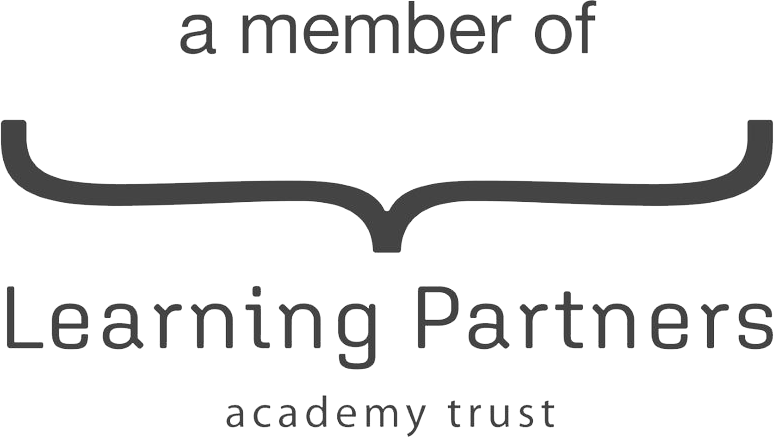SEN Resources
Ideas for supporting your child with their auditory memory
Children with auditory memory difficulties have an inability to retain more than one or two items of information presented orally. They can’t recall information after a period of time and have difficulty recalling information in the correct sequence.
- Repeat and use information such as repeating a sequence of two or three colours and then threading beads or arranging cubes in that pattern
- Recite action rhymes, songs and jingles.
- Learn memory or sequencing songs such as Old Macdonald, Ten Green Bottles and One Man Went to Mow.
- Recall a story that they have heard and retell the main events using puppets or background scenes as prompts. Move on to recalling the main events in a well-known story.
- Play memory games such as: ‘I went to the supermarket and I bought...,’ ‘I went on holiday and I packed ...’.
- Recall simple sequences of personal experiences and events.
- Recall & repeat back instructions containing first one, then two, then three elements.
- Draw a story sequence from memory or the sequence of a simple activity. Use a flow chart to recall the main events of a story or a mnemonic to aid recall.
- Explain the sequence of a simple activity or recall the days and events of the week.
Ideas for supporting your child’s working memory
Children with working memory difficulties can become over-loaded by demands, forget crucial information, fail to follow instructions and not complete activities.
- Chunking information can help the child with working memory as there is less information to recall and use.
- For homework, encourage them to use scaffolding provided and support them through discussion and commenting on an experience. Use visuals.
- Encourage them to reflect on their learning, to ask themselves questions about it and how they might use what they have just learnt, to make it real and fix it in long term memory.
- Use direct instruction of parts of the task as this embeds the learning and aids working memory.
- Encourage self – motivation such as setting a goal, rewarding themselves, making it fun, structuring the environment (what resources would be helpful to use), chunking tasks themselves and controlling the task themselves will all aid working memory.
- Encourage them to draw, doodle, jot notes, use symbols or markings, all as a visual prompt to memory so that they increase their capacity to retain and use information.
Ideas for supporting your child’s Listening skills
- Focus their attention before giving instructions e.g. “Jack...listen...”
- Minimise distractions – Listening involves the ability to filter out distractions which is more difficult in a distracting environment. It helps if you remove distractions, such as toys, displays, open shelving and clutter.
- Keep your language simple – Children who are young and/or have delayed listening and attention usually do not understand as much as we think. We can encourage listening and attention by simplifying what we say and “chunking” longer sentences into a series of shorter sentences.
- Use visual clues – Using pictures and objects alongside spoken language supports listening and attention. Children’s auditory skills are therefore supported by visual attention.
- Break the activity into small steps and they can mark off each part of the task as they complete it.
- Use a sand/egg timer and set them a goal of completing a certain amount of work in a given time.
- Reward them when they have completed their task in a given time.
- Play barrier games. A barrier (such as a large book) is placed between the two players so that each cannot see the others materials. The speaker then arranges his materials and describes to the listener what he/she is doing. The listener arranges his/her materials in the same way. When completed, the barrier is removed and the materials should look the same.
- Materials can include blocks, Lego, miniature objects, animals and figures, maths materials, collage materials. The game could even be as simple as drawing a picture and describing what the listener has to draw and where to draw it.
Sensory Processing: Auditory Hypersensitivity and Hyposensitivity
Hypersensitivity (auditory defensiveness)
Children with difficulties with auditory hypersensitivity may have difficulties screening out noise e.g. from the computer, fan, heating system etc. They may react emotionally to certain sounds especially if unexpected e.g. bells, bees, aeroplanes. They may cover their ears or run away from certain noises. They may not like going into noisy settings e.g. school dining room, playground, shopping centre or crowded places. They may have difficulty with concentration because they are overwhelmed with auditory information. They may hum or sing to themselves to help block out auditory stimulation.
Ways to help your child to concentrate:
- Minimise noise e.g. use of carpets, blinds or curtains
- Alert them to loud noises to prepare them e.g. bell or fire alarm.
- Sit them away from noise e.g. computer, refrigerator, lights, noisy fan or heating system. Close the door or window if there is noise outside.
- Keep noise to a minimum.
- Ask them to repeat back instructions / input to ensure they have heard.
- Ear defenders or head phones can be used when they are concentrating on a task. Cheap ones do not cut out much noise.
- Some children like a quiet place to withdraw to e.g. a pop up tent.
Ways to reduce sensitivity
- Tape record the sound they are sensitive to e.g. electric hand dryer and play it very quietly on a daily basis. Gradually turn up the volume.
- Outside wear a thick hat, headband or hood to muffle the noise in the playground and gradually reduce the thickness / use.
Hyposensitivity
A child under registers to sound e.g.
- Does not respond to name being called
- Makes noise for noises sake
- Loves loud music or TV
- Seems to have difficulty remembering what was said
- Appears oblivious to certain sounds
- Appears confused as to where a sound comes from
- Talks through tasks, often out loud
- Says ‘what’ frequently or needs oral repetition often.
Hyposensitivity
A child under registers to sound e.g.
- Does not respond to name being called
- Makes noise for noises sake
- Loves loud music or TV
- Seems to have difficulty remembering what was said
- Appears oblivious to certain sounds
- Appears confused as to where a sound comes from
- Talks through tasks, often out loud
- Says ‘what’ frequently or needs oral repetition often.



